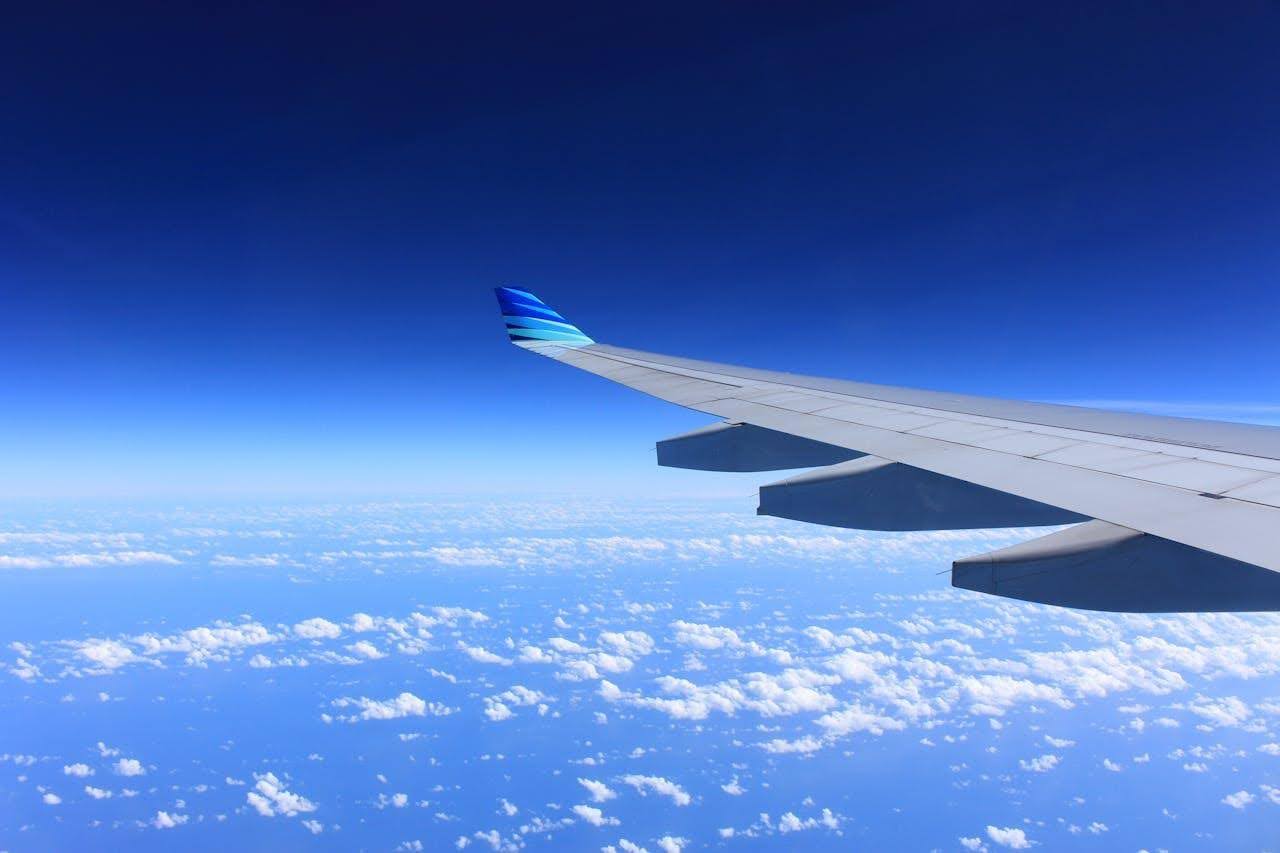Moving abroad can be exciting, but it comes with hidden expenses. Many people focus on flights, visas, and housing, yet overlook essential costs. These forgotten expenses can add stress and pressure if you don’t plan properly. To stay on track with your life and business, you must understand what to budget for when moving abroad. Proper planning helps you avoid unnecessary surprises, common entrepreneurial challenges, and keeps your relocation smooth and affordable. This article outlines the most common costs people forget to include and offers tips on how to manage them effectively.
Initial Setup Costs in Your New Home
Once you arrive, you may need to buy essential household items. Even if your accommodation is furnished, you might still have to purchase kitchenware, bedding, cleaning supplies, or electronics. Utility setup fees, deposits, or purchasing local SIM cards also add to initial costs. These items seem small, but can quickly add up. It’s smart to estimate a setup budget for at least the first month. People often underestimate how much it takes to settle into a new place. Research typical prices in your destination city. Join local expat forums to get honest tips. Many new residents say that they didn’t realize how expensive basic items could be. Planning for these costs helps reduce stress and gives you more control over your spending from day one.
Rebranding and Marketing After Relocating Your Business
If you’re an entrepreneur moving abroad, you’ll likely need to adapt your brand to a new audience. A relocation changes your market, audience behavior, and possibly your product fit. This is why it’s important to revisit your branding and marketing strategy. After the move, update your business name, logo, and messaging to reflect local culture and values. Research your target demographic and study competitors in the new location. Building local partnerships also helps raise awareness. Successful rebranding after relocation takes time and planning, so include marketing and design costs in your budget. Don’t underestimate how much effort it takes to stay relevant in a new market—plan this early to keep momentum.

Business Registrations, Taxes, and Legal Obligations
Moving your business abroad comes with a new set of legal and tax responsibilities. Entrepreneurs often forget to budget for registration costs, business licenses, or compliance fees in the new country. You may need to hire legal or accounting help to understand local laws. Tax rules vary widely—some countries require value-added tax (VAT) registration or double taxation declarations. Also, you might need to close or deregister your business in your home country before operating abroad.
Banking also plays a part; opening a business account in a foreign country might require proof of registration, local address, and personal identification. These steps take time and money. Include them in your business relocation budget. Ignoring local laws can delay operations or result in fines. Check government websites or speak with international business consultants. Preparing for these admin tasks in advance saves you from legal risks and helps your business launch smoothly in the new location.
Cost of Bureaucracy and Local Admin
These include getting your residency permit, registering your address, or translating documents. Some countries charge for background checks or ID cards. You may also need to pay for notary services or legal assistance. These costs can vary depending on your destination and status. For example, students and workers often face different requirements. Start by checking your destination’s official government website. Make a checklist of required documents and fees. Keep some extra funds aside for unexpected paperwork. This will save you time and frustration and help you move through local systems more smoothly.

International Money Transfers and Tips
Managing money across borders adds another layer of expense. Currency conversion fees, poor exchange rates, and transaction charges can quickly drain your funds. Many people lose money when they transfer their finances to banks with high fees. Consider using trusted online platforms with lower costs and better exchange rates. These services are often faster and easier to track. Compare options like Wise, Revolut, or PayPal. Also, watch out for hidden charges, especially when withdrawing from foreign ATMs. Always transfer your finances in larger amounts if possible to save on transaction fees. Keep an eye on currency fluctuations and avoid transferring money during periods of poor exchange rates. Planning this protects your budget and helps you access your money when you need it most.
Costs for Staying Connected
Staying in touch with loved ones and business partners and handling remote work requires reliable internet and mobile service. Many people forget to include these in their moving budget. SIM cards, phone plans, and Wi-Fi contracts come with setup fees and monthly charges. In some countries, you need a residency card or proof of address to register for a contract. Until then, you may rely on more expensive prepaid services. Also, international calls or roaming can increase your bills—research local providers before arrival. Look for prepaid or flexible plans that suit your needs. If you’re working remotely, prioritize providers with good speed and stable connections. Staying connected is essential, both personally and professionally, so make it part of your financial plan.

Social Costs and Networking
Starting over in a new country means building a new social life. You may want to explore your area, attend events, or even connect before moving. All of these contribute to your integration but come at a price. Budgeting when moving abroad is important for social life, mental health, business, and adapting to your new surroundings. These costs may seem unnecessary, but enhancing networking entrepreneurial opportunities is an investment. Include these costs in your monthly budget to keep your lifestyle balanced.
Budget for When Moving Abroad: Final Thoughts
It’s easy to forget smaller costs when focusing on major expenses. However, your move will be much easier if you include these commonly overlooked items. Take time to research and make a complete financial plan. Always leave a buffer for unexpected events. When you accurately budget for when moving abroad, you give yourself the best chance to enjoy the experience without financial stress. Smart planning leads to smoother transitions and better outcomes in your new life abroad.
